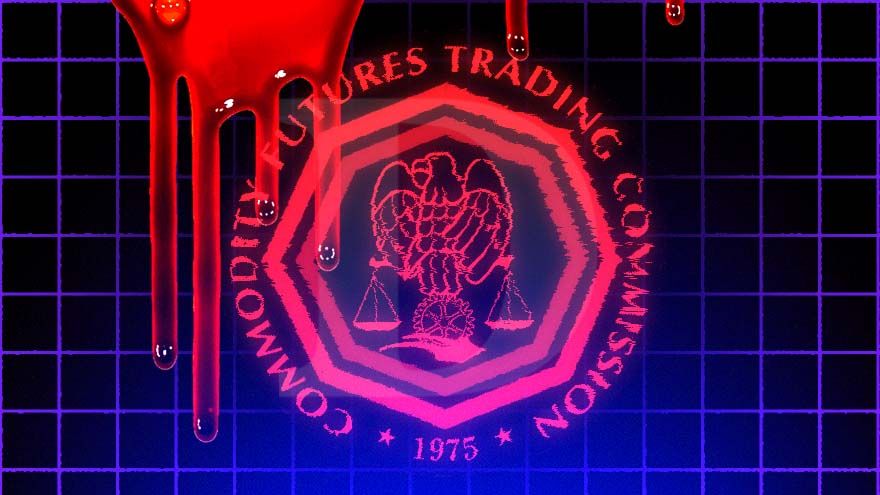Crypto Advocates Continue To Call For Clear Rules To Support U.S. Web3 Industry and See Path Forward Through Persistent Engagement With Regulators
Last Thursday, an enforcement action by the U.S. Commodities Futures and Trading Commission (CFTC) against three DeFi protocols was the latest event in an ongoing saga of legislative battles, rulings by district courts, and scuffles over rulemaking.
As the CFTC has now ordered Opyn, 0x and Deridex to cease operations that violate the Commodity Exchange Act and CFTC regulations, some of crypto’s prominent advocates are again questioning whether the regulatory landscape is conducive for entrepreneurs looking to operate in the space.
“This week’s CFTC enforcement actions expose a series of contradictions,” Marisa Coppel, senior counsel at the Blockchain Association, told The Defiant. “First, it is in direct conflict with a court’s recent opinion in Risley v. Uniswap, which held that developers were not liable for third-party misuse of their software.”
In late August, a judge dismissed a case which alleged that Uniswap Labs and others were liable for losses caused by scam tokens launched by third parties on the Uniswap decentralized exchange.
Coppel also noted inconsistencies within the CFTC itself, pointing towards a proposal by Caroline Pham, one of the organization’s five commissioners, to create a pilot program which would allow for supervised experimentation in the digital asset space.
She added that another commissioner, Summer Mersinger, published a dissenting statement, highlighting that the CFTC did not show that the DeFi protocols in question misappropriated customers’ funds or otherwise caused harm to their users.
The CFTC action comes in a year where markets have been seesawed by numerous developments pertaining to crypto regulations.
Ashley Ebersole, general counsel at 0x, which paid a $200,000 fine because its Matcha aggregator offered access to leveraged assets, thinks some degree of regulation is inevitable. “Whatever your view of regulation, it’s just a fact of life,” he said in a conversation with The Defiant this week.
Ebersole previously worked at the Securities and Exchange Commission, which has been cracking down on crypto. “The more successful web3 becomes and DeFi becomes, the more attention it’s going to get and the more there’s going to be a need to engage with regulatory requirements,” he said
Will Warren, the co-founder of 0x, noted the difficulties inherent to regulating crypto.
“Tokens are an abstraction that can represent anything,” he said, emphasizing that fitting that abstraction into existing regulatory frameworks is challenging. “The space as a whole is so broad that it’s hard to map it to a single individual regulatory body.”
Chris Perkins, a member of the CFTC’s Global Markets Advisory Committee (GMAC), thinks the orders highlight the need to interface with key decision makers in the United States. “Education and engagement of regulatory bodies and policymakers are imperative at this crucial time,” he told The Defiant.
Looking forward, Perkins does see an end to the ambiguous regulatory environment.
“The good news is that clarity is coming, one way or another – either through legislation or the courts,” he said. “I just hope that it comes before we lose some of our most talented entrepreneurs to overseas jurisdictions that are literally waving them in.”
Meanwhile, Warren says Matcha has no plans to stop serving U.S. customers. “It is challenging to operate as a U.S. company and serve users in the U.S., [but] we’re going to do it. Crypto is a global phenomenon. It’s going to play an important role in the future, and the U.S. is going to be a part of it,” he said.
Credit: Source link




